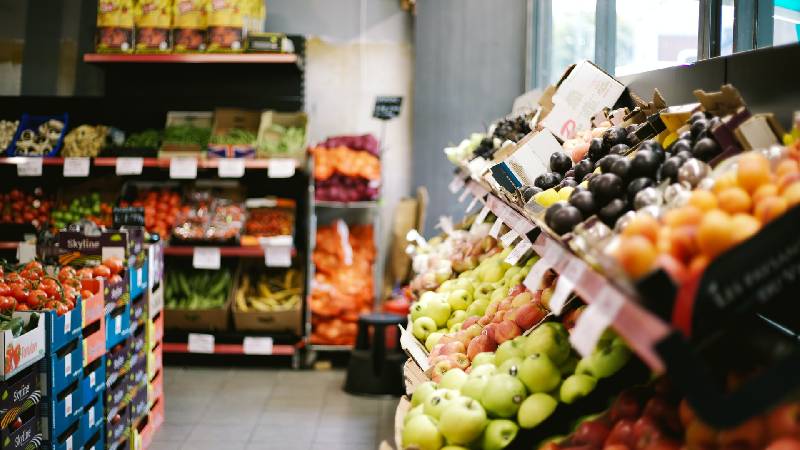Feeding the family during lockdown

Food bills for some families in Oxford doubled during the national lockdowns, according to an Oxford Brookes academic who ran a focus group with local families.
The rise in food costs were largely down to an increase in the amount of food required when schools closed, and changes to routines with people not able to shop around at different supermarkets to find cheaper alternatives. Problems with food distribution also meant families bought more expensive items when cheaper options were unavailable.
Dr Irmak Karademir Hazir, Senior Lecturer in Sociology at Oxford Brookes who researches food practices amongst families with small children, met with ten local families in Oxford to discuss how their food practices changed when lockdown restrictions were imposed. The focus group is part of a British Academy funded project, Understanding feeding practices: A Longitudinal study of feeding, eating and foodwork in families with young children.
Feeding the family comes at a huge cost in Covid times
Listening to the experiences of local families, Dr Karademir Hazir said: “Families with young children are a largely invisible and overlooked group whose vulnerability was – and continues to be – overlooked.
“When strict regulations are in place, getting to the supermarket and shopping alone is very challenging for this group. Online shopping slots were virtually impossible to obtain and these families do not qualify for priority treatment.
“Feeding the family in Covid times has come at a huge cost, not just for those in real poverty, but for many working families with limited resources.”
Research by the Food Foundation suggests that adults with young children faced more food insecurity than the general population because of Covid-19. 21% of households with children under 18 years old experienced food insecurity in the first two weeks of lockdown in March 2020.
Participants in the focus group spoke about the difficulties that lockdown brought, saying: “Lockdown was a huge jolt, we really struggled financially. It was hard to get enough and make it last. I had to shop just from one supermarket and missed my usual bargains from others.”
Gender inequality and feeding
During the lockdown period the burden of food shopping, producing meals and cleaning up has fallen disproportionately on women, regardless of their socio-economic status. Ongoing research by Dr Karademir Hazir shows that food becomes largely women’s responsibility after couples have children, even if they tended to share food shopping and cooking more equally prior to that.
Dr Karademir Hazir says, “The pandemic and perceptions of risk, together with what is expected of a ‘good’ mother and a ‘good’ citizen’, have added to the existing pressures felt by women.
“Both the pandemic and consequent restrictions seem to have contributed to reinforcing stereotypical gender roles in the context of food and feeding.”
One woman taking part in the research group said: “My partner carried on as normal. But for me, I had all the kids at home, with homework, homeschooling.”
Bonding over food in lockdown
Although the organisation of feeding during lockdown has been challenging for young families, the focus group discussed how food has also been a great source of joy and motivation, for those who were not in immediate financial need.
“Many women reported that they cooked more, notably with their children - to keep them busy and also to teach them useful life skills,” continued Dr Karademir Hazir. “Through trying and sharing new recipes, hosting online cooking and eating sessions with extended relatives, most families bonded over food in their struggle to survive extraordinary conditions.”
Dr Irmak Karademir Hazir and Associate Lecturer at Oxford Brookes Sarah Spain are continuing to meet with local residents in Oxford to understand their food and feeding experiences as conditions change.
Read information about the research team's approach to longitudinal data .
Photo by Mehrad Vosoughi on Unsplash
